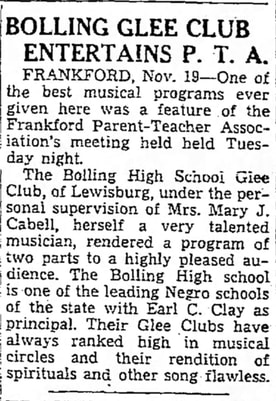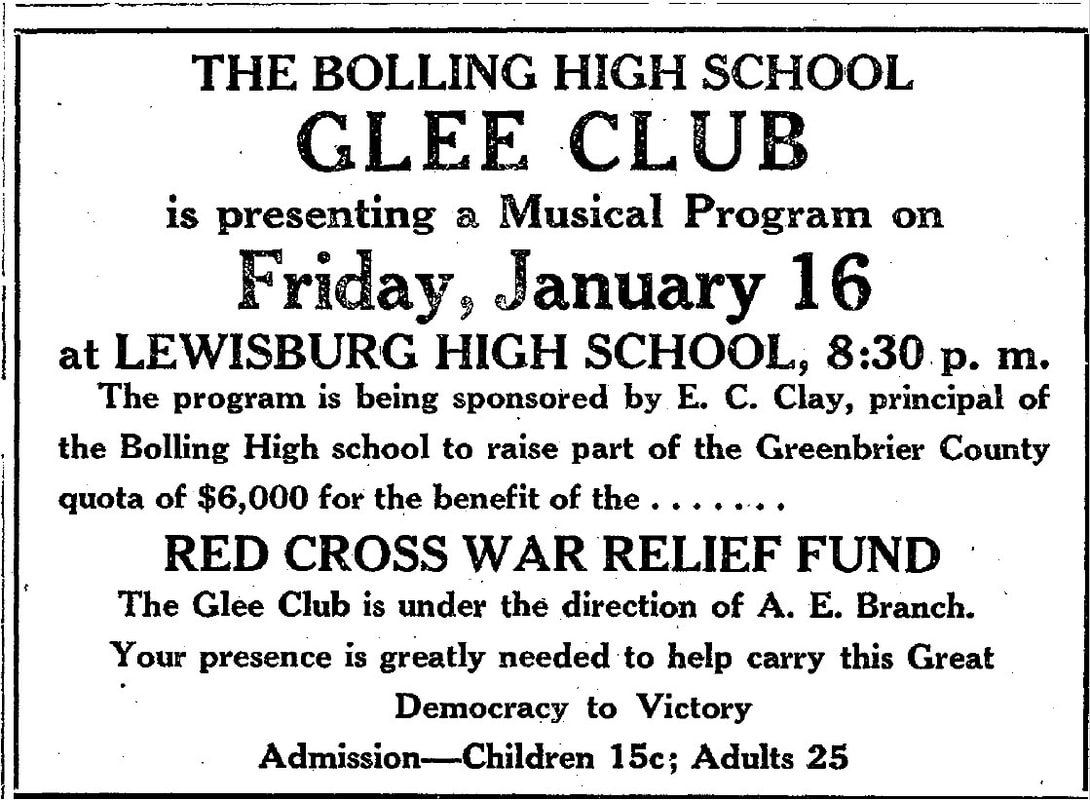Alumni of Bolling recall teachers who instilled in them love of themselves, pride in their work, and respect for others. The culture of this school created a safe environment for students to grow and succeed in. Below you will find information on the rules and programs of Bolling that helped create this culture.
The Rules and Regulations
The rules at Bolling were made for your protection. Be wise and observe
- Every student participating in any form of athletics must be covered by insurance.
- No transported student is allowed to travel from school in any other vehicle except the bus without special permission.
- Transported students must bring a written excuse from a parent in order to get permission to go shopping.
- No transported student is allowed to visit home at noon hour or after school or to leave the grounds for any reason without permission.
- Every student must have a textbook and all other necessary equipment for each class.
- No student is permitted to loiter in the halls of lavatories or speak (in other rooms) during classes. Everyone must follow his class schedule.
- Anyone caught smoking or abusing the lavatories will be duly punished.
- "Think big; do big; act big"
4H Club
In 1915, the first 4H club for Black children in West Virginia was organized in Pocahontas County. By 1960, there were 14 Black 4H Clubs stretching throughout the Greenbrier Valley. Originally developed with an agricultural and home making focus for rural children, 4H clubs provided children with further social and educational development. While the Bolling School’s 4H club was led by Miss Margaret Coleman, several members of the Bolling Faculty led 4H clubs in their local communities.
Extracurricular Activities
Bolling High School had limited extracurricular activities because Black schools received unequal educational resources. Pearl Carter, a member of the first graduating class of Bolling in 1936, remembers almost no extracurricular activities and no foreign language classes while she was a student at Bolling . As the school grew and developed it added new opportunities. Sports like football were major activities for the young men at Bolling. The school also offered 4H club, glee club, and a typing class. Despite the small size of Bolling's faculty, its teachers also took on leadership in these extracurricular activities.


